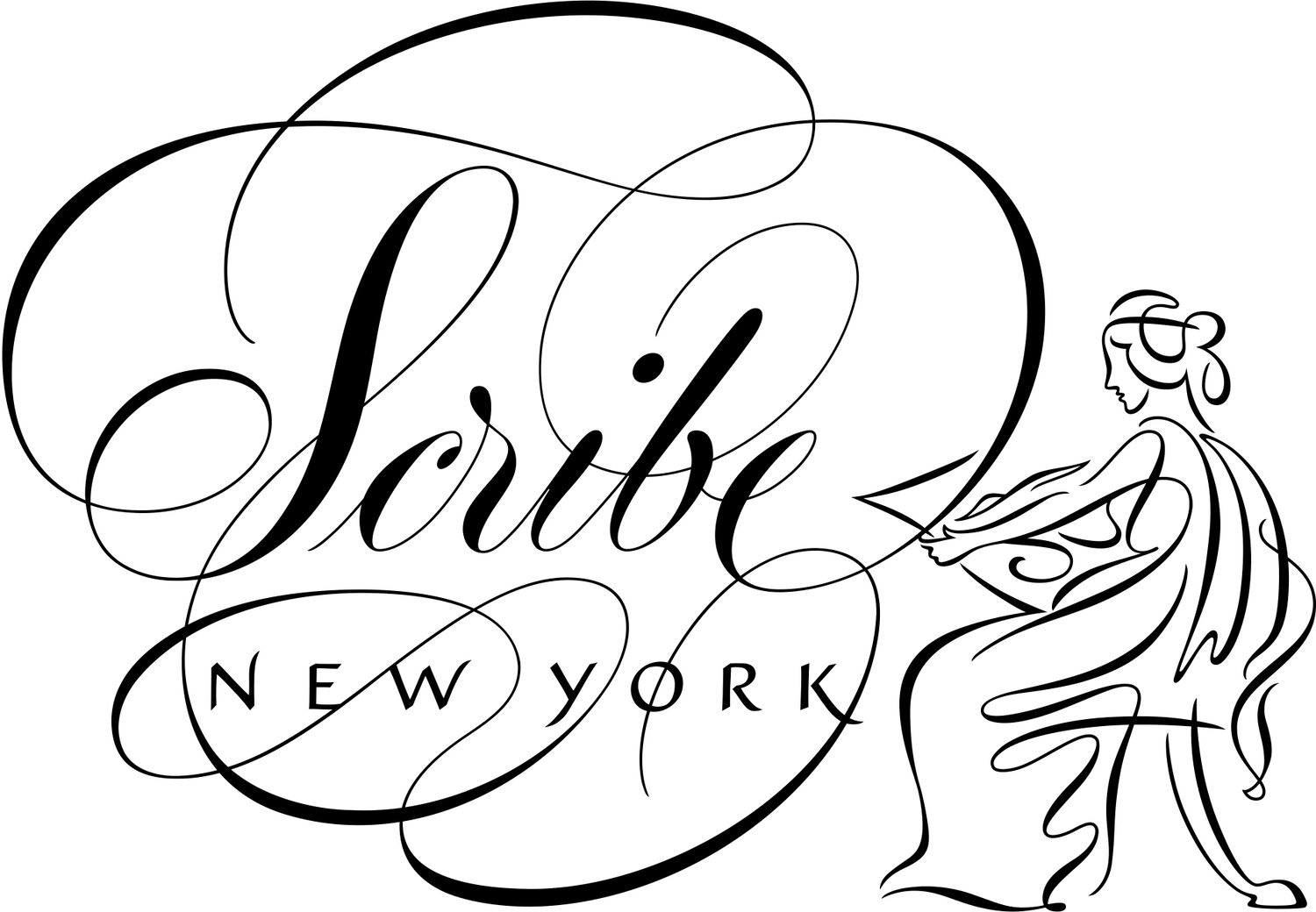Catherine Greenman D'Albert
Catherine Greenman D’Albert
City of Women Denizen: Catherine Greenman D’Albert
Bona Fides: For starters, she’s a novelist, former contributing writer for The New York Times, magazine editor, wife, mother of four children and two dogs, fundraiser and advocate for Girls Write Now, an organization that mentors high school girls all over New York City.
City of Women Induction: Catherine is that uncommon person who does what she says she’s going to do. She’s an inspiration because she lives William Faulkner’s advice: “Don’t be ‘a writer.’ Be writing.”
RPO: You're an accomplished woman on so many levels. As a young woman, did the vision for your adult life match up with all you've achieved thus far in life? Did you imagine yourself as a successful writer with a fulfilling family life, or did you have other plans?
CGD: I kept a lot of notebooks and journals while growing up, and I had the sort of peering-in-from-the-outside feeling that is common to a lot of writers. My parents were both book editors and big readers. They shared a running stream of witticisms and took pleasure in mangling words to suit them. From them I inherited not just a love of reading but a desire to create something that was as good as my favorite books.
RPO: You're a Manhattan lifer, born and raised in the city, educated at Stuyvesant High School, worked at the Times, and then set up your own household here. How does a life lived almost exclusively in New York City shape a person?
CGD: There’s something about growing up in New York that has become ingrained in me. I don’t think I could leave for good. The city has changed since I was younger, but it still gives the gift of reminding me that I am part of a much larger, imperfect system. It’s a dense, difficult place to live. Everyone is working their asses off, doing whatever they need to survive. Even where I live, in “Suburban Tribeca,” there is an unspoken agreement that we are here to cooperate with and tolerate each other. It doesn’t always happen, but the goal is there.
RPO: As a professional writer and novelist, do you believe great writing skill is something one can possess innately, the way some singers are naturally gifted with specific vocal physiology? How much of the writing process is learned, practiced, and honed versus inborn?
CGD: I think it starts with the urge to work out something that has happened. This ‘story’ could be meandering and have no concrete ending, but it starts with an urge to tell it. Once it’s on paper there comes the impulse to say it in the most interesting, razor-sharp way that you can. This often takes time and painstaking labor. A lot of it! If you find yourself opting to submit to this ordeal, you are a writer!
RPO: Words have played a large part in your life, not just as a writer yourself, but with editors for parents and a father who is an accomplished crossword puzzle creator. Seems you've always been immersed in the business of words. How do words define us? How do they limit us?
CGD: A sentence often strikes me as a mathematic equation, each word working with and balancing out the others. It can be very gratifying to ‘solve’ the equation; it opens something up in me. On the other hand, change is the only constant, so words can overly define me and pin me down. Revision is key, especially with the words that course through my mind!
RPO: I feel pressured to communicate with more brevity now than ever, given shortened attention spans and increased distractions thanks to technology. We're expected to communicate with incredible succinctness, whether it’s 280 characters or emoji. This is tough for me, a loquacious emoter and calligrapher who uses pen and paper. So what's more powerful in your view, the richness of a lengthy novel like Hanya Yanagihara's "A Little Life," or the arrow-through-the-heart, six-word short story, "For sale: baby shoes, never worn?" In which format are you more skilled?
CGD: Email and texting helps me get my thoughts organized, in my own time. I also like how easy it is to convey love and affection. However, what I wrote one day may not be quite what I want to say the next. The difference can often be just one or two words. Technology gives us the freedom to express ourselves, but there is a permanence in it that doesn’t adapt to our constantly shifting perceptions and attitudes.
This isn’t really answering your question!…richly detailed or succinct and brief? I want both! I do think, these days, the smaller the better. Though that could still mean shaving a thousand pages down to seven hundred!
"Scribbles" — Scribe New York’s short answer section:
Three words you'd use to describe yourself; then three words your family would use to describe you —Impatient, funny, entertaining. Impatient, annoying, weird.
Favorite novel of all time — My favorite novel is often the last novel I’ve read (currently, The Copenhagen Trilogy by Tove Ditlevsen). I’m impressionable and am usually blown away by at least a few sentences. Even if I don’t love a novel, I’m in awe that someone was able to get it down.
Most overrated novel of all time — I’m reluctant to criticize - I know how hard it is to write one.
Three people, living or dead, you'd invite to dinner — Emily Dickinson, Edith Wharton, Dawn Powell, Jean Rhys, Iris Murdoch. That’s five!
Your motto — How about some words from Edith Wharton (from her novel, Ethan Frome): “There are lots of ways of being miserable, but there’s only one way of being comfortable, and that is to stop running round after happiness.”
One word to sum up your life thus far — Fascinating

